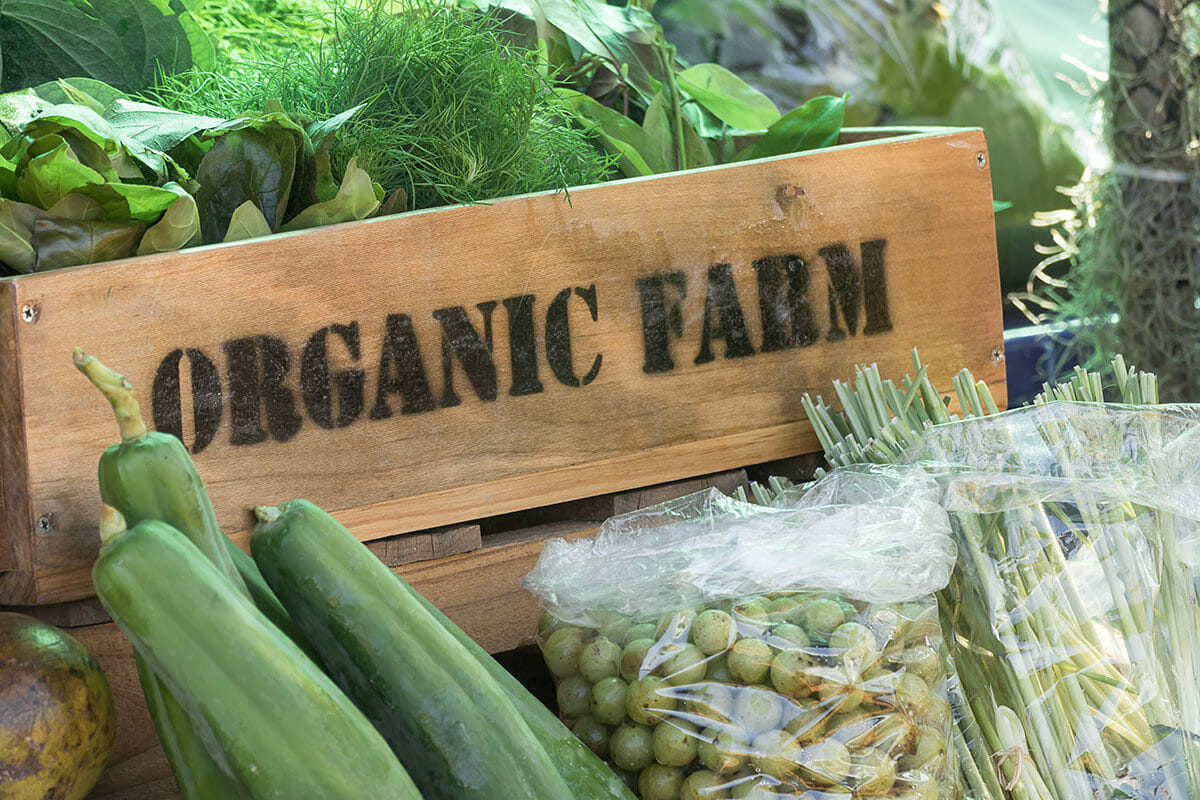Organic certification is a process that businesses must go through in order to show that they are producing organic products. This certification is important for many reasons, including showing customers that your product is truly organic and ensuring that your business meets all of the necessary standards. The process can be complicated, but we’re here to help!
In this guide, we’ll cover everything you need to know about organic certification, from the initial application to maintaining your certification over time. Get all the info you need right here!
What is organic certification?
The manufacturing process of organic certification can be very tedious, but the end result is always worth it. This type of certification means that a company is using approved methods and materials to produce their products. This includes everything from the way the ingredients are sourced to how the final product is packaged.
In order to become certified, a company must first submit an application to an accredited certifying body
. The application will be reviewed to ensure that all of the required information is included. Once the application is approved, an on-site inspection will be scheduled.
During the inspection, the certifying body will verify that the manufacturing process meets all of the standards set forth by the certification authority. If everything is in order, the company will be issued a certificate of compliance. This certificate is valid for three years and can be renewed as needed.
Although organic certification can be time-consuming, it provides peace of mind for companies and consumers alike. It ensures that products are made with care and attention to detail, making them safe for people and the environment.
Why is organic certification important?
When it comes to making ethical consumer choices, organic certification is an important tool. Here are some of the reasons why it is important:
- It ensures that products are made with natural ingredients that have not been exposed to synthetic pesticides or other chemicals.
- It supports sustainable manufacturing practices that are gentle on the environment.
- It allows consumers to make informed choices about the products they purchase.
By choosing certified organic products, shoppers can be confident that they are supporting businesses that operate in a way that is environmentally responsible and healthy for both people and animals.
What are the requirements for organic certification?
Organic certification is important for farmers and manufacturers who want to sell their products as organic. In order to be certified, they must follow strict guidelines set by the government. These guidelines cover everything from how the crops are grown to how the animals are raised.
By adhering to these standards, farmers and manufacturers can ensure that their products meet the highest standards of quality. Furthermore, organic certification can give consumers peace of mind that they are buying products that are truly organic. With so many benefits, it’s no wonder that organic certification is so important.
How do I apply for organic certification?
Applying for organic certification is a multi-step process that can take several months to complete. The first step is to contact the certifying body in your region and request an application.
Once you have completed the application, you will need to submit documentary evidence that your manufacturing process meets the required standards. This may include manufacturing manuals, product specifications, and third-party audits.
Once your application has been reviewed, you will be asked to pay a fee and schedule an on-site inspection. The inspector will then verify that your manufacturing process meets the standards for organic certification. If everything is in order, you will be issued a certificate of organic compliance.
How do I maintain my organic certification?
In order to maintain your organic certification, you must adhere to the manufacturing guidelines set forth by the USDA. These guidelines cover everything from seed selection and growth methods to harvest and post-harvest handling procedures.
In addition, certified organic products must be processed and packaged in accordance with USDA standards. To ensure compliance with these regulations, organic manufacturers must keep detailed records of their operations and undergo periodic inspections by certified third-party auditors.
By following these guidelines, organic manufacturers can maintain their certification and continue to provide consumers with quality products.
